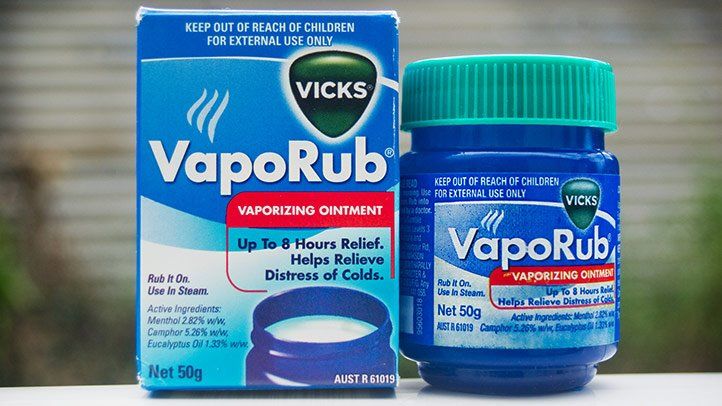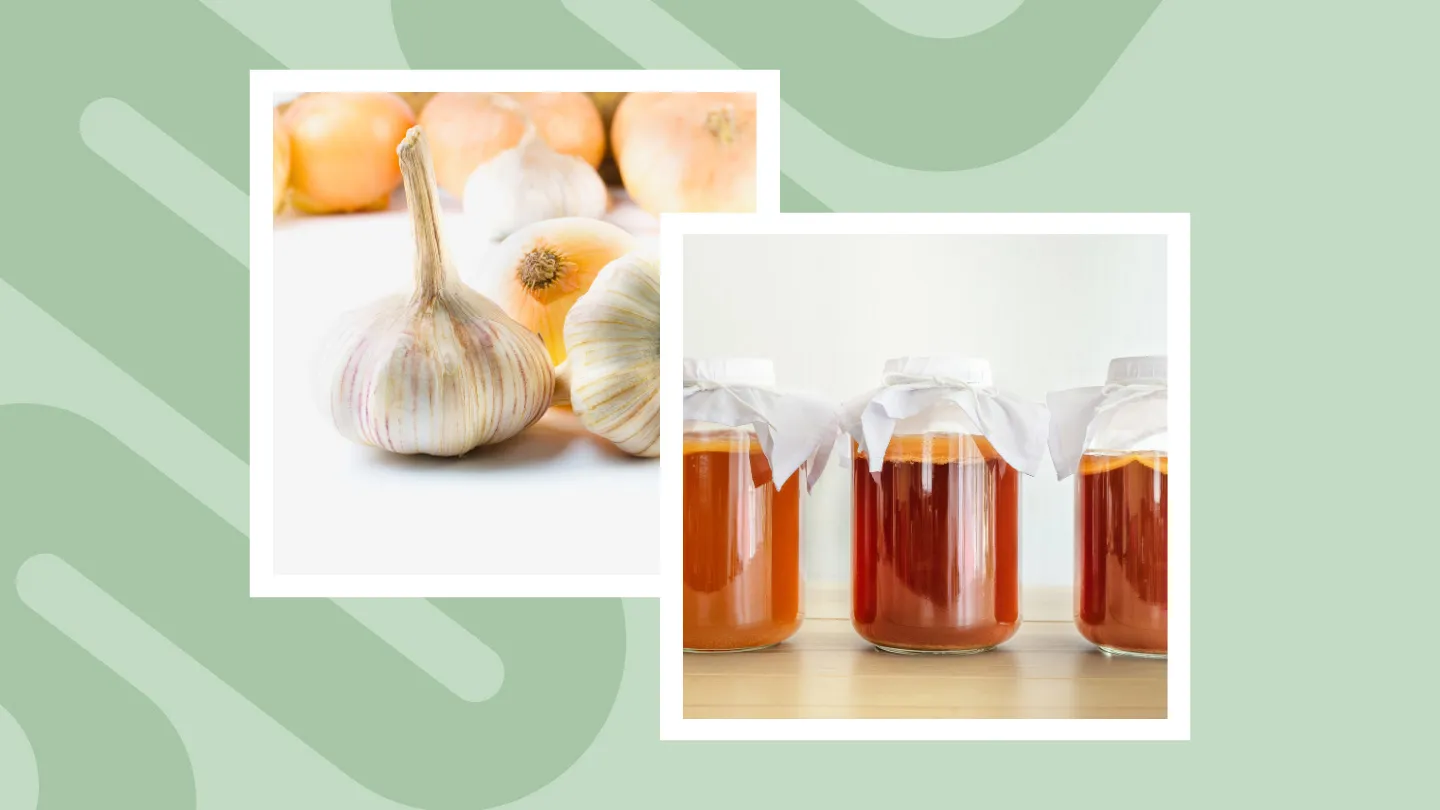Using Honey for Cold and Flu Relief
Honey has long been used as a natural remedy to soothe sore throats and suppress coughs. Its thick viscosity coats and protects inflamed membranes in the throat, while its antioxidant and antimicrobial properties can help fight infections. When mixed with warm liquids or ingredients, the honey dissolves easily. However, if you want to mix honey with cold water or ingredients, it requires some special techniques to dissolve completely.
Why Honey is Difficult to Dissolve in Cold Liquids
Honey is comprised primarily of the sugars glucose and fructose. When exposed to cold temperatures, these sugars crystallize, causing the honey to solidify and thicken. This makes it challenging for the honey to break down in cold water or juices. The warmer the liquid, the easier it is for the honey crystals to dissolve into solution.
Should Honey be Dissolved in Boiling Water?
While boiling hot water would quickly dissolve the honey, this isn't recommended. Exposing honey to temperatures above 104F can destroy some of its beneficial enzymes and antioxidants. Instead, use warm water between 95F - 110F if possible to dissolve the honey while retaining its therapeutic qualities.
Tips for Dissolving Honey in Cold Water
If you want to mix honey with chilled water or cold beverages, here are some tips:
Stir Vigorously
Add the honey to the cold liquid and stir constantly for 30-60 seconds. This will help break down the honey crystals faster before they settle on the bottom.
Use a Spoon or Whisk
Stirring with a utensil that disturbs more liquid is better than a straw. The metal end of a spoon or the wired loops of a whisk help separate and integrate the honey evenly into the solution.
Use Fresh Honey
The fresher the honey, the easier it tends to dissolve. Honey that was recently harvested will contain lower crystal content than older honey.
Know Your Honey Variety
Some honey varieties naturally crystallize faster than others. Tupelo, acacia, and sage honey are typically slower to granulate and may dissolve better than wildflower or alfalfa honey.
Add a Tiny Amount of Warm Water
Mix just an ounce or two of warm water into the honey first. This will smooth it out before adding it to the full cold portion. The small amount won't significantly change the temperature of the finished drink.
Use a Blender
A quick whirl in the blender can get that honey uniformly integrated into icy drinks like lemonade, smoothies or protein shakes.
Home Remedies Using Honey and Cold Water
Once you get that honey dissolved, here are some soothing cold remedies you can mix it with:
Honey Lemon Sore Throat Soother
Mix lemon juice with dissolved honey and chilled water for a refreshing vitamin C boost. The astringent lemon helps reduce mucus while the honey coats.
Soothing Honey Mint Iced Tea
Steep mint leaves in hot water first to extract the flavor and benefits then dissolve honey and pour over ice. The menthol in mint calms coughs and stuffy noses.
Honey Apple Cider Vinegar Drink
Add a teaspoon each of dissolved honey and apple cider vinegar into cold fruit juice or water. The combination helps balance pH levels in your throat to decrease inflammation.
Orange Juice Honey Booster
Stir a teaspoon of dissolved honey into your next glass of orange juice. The extra sweetness makes it go down easier when you have a sore, scratchy throat. The vitamin C provides an immunity boost.
Precautions When Taking Honey
Honey should never be given to infants under one year of age due to risk of infant botulism, which causes muscle weakness and breathing problems. Honey may contain bacterial spores that an immature digestive system cannot process. Children over age one and adults can safely consume honey dissolved in water or other cold beverages.
Soothing Syrups with Honey
For an even more powerful punch of cold and cough relief, you can mix dissolved honey into easy DIY soothing syrups. These longer lasting medicinal mixtures can be refrigerated and taken by the spoonful as needed to coat and calm irritated dry coughs and sore throats.
Ingredients Often Paired with Honey
Some ingredients commonly used alongside honey in DIY cough and cold syrups include:
- Lemon juice - Soothes inflamed throats
- Ginger - Anti-inflammatory and antibacterial
- Apple cider vinegar - Balances pH for less throat irritation
- Garlic - Antiviral, antifungal, and antibiotic effects
- Onion - Contains quercetin which relieves coughs
- Turmeric - Anti-inflammatory and high in antioxidants
- Cayenne - Breaks up mucus, anti-fungal
- Black pepper - Helps turmeric absorb better
- Cinnamon - Antibacterial and antioxidant
- Cloves - Antioxidant, antimicrobial, and anti-inflammatory
Method for Creating Soothing Honey Syrup
Here is a basic method for making your own honey-based syrup:
- Add 1 cup of honey to a small saucepan and gently warm over low heat just until liquified if crystallized
- Add 1/2 cup of water and any combination of soothing ingredients such as sliced lemon, ginger pieces, garlic cloves, etc. per the recipe you're using
- Allow to gently simmer for 15-30 minutes, then remove from heat and let cool
- Strain out any solid pieces through a mesh sieve or cheesecloth
- Transfer concentrated liquid into a clean bottle or container
- Store in refrigerator for up to 1 month
- Shake well before taking 1-2 tsp doses as needed for cough or sore throat
Popular Soothing Honey Syrup Recipes
Some widely used do-it-yourself honey cough and cold syrup recipes include:
Basic Honey Lemon Cough Syrup
Simmer 1 cup each honey and water with juice from 2 fresh lemons. Add lemon zest if desired. Strain, cool, and store.
Spicy Honey Onion Cough Syrup
Sautee 1 diced onion and 4 minced garlic cloves. Add 1 cup honey, 1 cup water, 1 tsp cayenne, 1 tsp turmeric. Simmer 15 minutes then strain.
Ginger Honey Throat Coating Syrup
Simmer 1 cup honey and 1 cup water with grated fresh ginger and lemon juice for 20 minutes. Strain out solids. Stir in apple cider vinegar before bottling.
Get creative with ingredients that appeal to your taste and health needs. The honey dissolves to sweetly deliver the benefits straight to your cells!
The Takeaway
While honey effortlessly dissolves into hot liquids, getting it to properly incorporate into chilled drinks or cold water can be difficult due to crystallization. But with vigorous stirring, an effective utensil, fresh honey, and maybe a splash of warm water, you can get that viscous, sweet nectar blended in. Use this handy trick to create all kinds of cold honey-based remedies from lemon sore throat soothers to cooling honey mint iced tea and more. Or go the extra step and use dissolved honey to craft your own custom soothing syrups!
FAQs
Why is it hard to dissolve honey in cold water?
Honey contains glucose and fructose that crystallize when cold, causing the honey to solidify and resist blending with chilled liquids. Warmth causes these sugar crystals to dissolve more readily.
What temperature water should I use to dissolve honey?
Use warm water between 95°F - 110°F to dissolve honey without destroying beneficial compounds. Boiling water can damage enzymes and antioxidants in raw honey.
What are some remedies using honey dissolved in cold water?
Popular cold honey remedies include honey lemon sore throat soother, honey apple cider vinegar drink, orange juice honey booster, and soothing honey mint iced tea.
Can I make my own honey cough syrup using cold water?
Yes, you can make your own custom DIY honey cough or sore throat syrup using dissolved honey as the base along with cold water and ingredients like lemon, ginger, garlic, onions, cayenne pepper, cinnamon, and cloves.
Disclaimer: This article is for informational purposes only and does not constitute medical advice. Always consult with a healthcare professional before starting any new treatment regimen.
Related Coverage
Discover over 8 kitchen ingredients that can provide fast effective relief when coughs won't quit. Natural cough remedies like honey, lemon, herbs, steam soothe irritated throats....
Learn how Tamiflu works to shorten flu symptoms and help you recover faster. Get the facts on effectiveness, timing, and side effects....
Learn about the common causes of morning nasal congestion and stuffy noses along with 17 natural remedies and medical treatment options for relief....
Learn about Coricidin HBP, its ingredients, and how it can cause drowsiness. Discover user experiences and important safety considerations to make informed decisions about this medication....
Learn about the ongoing debate over just how effective Vicks VapoRub really is at treating coughs and colds. Get the facts on ingredient safety concerns and tips for proper usage....
Soothe coughs by harnessing the power of honey and onion! Learn different recipes to mix these ingredients into natural cough-calming syrups, drops, rubs and more....
Discover the power of serious cough spray, a fast-acting and effective solution for persistent coughing. Learn about its unique formula, targeted delivery method, and how to choose the right product for rapid relief....
Examining the potential impact of NyQuil on blood pressure levels, especially for high-risk groups like the elderly, those with hypertension, heart disease, or who are pregnant....
Mucus plays a protective role, and swallowing it is harmless as it gets broken down. But excess mucus or changes in color may indicate lung infections....
A stuffed up nose is normally just a nuisance, but for vulnerable groups it can occasionally turn dangerous if infections spread or breathing is obstructed....








